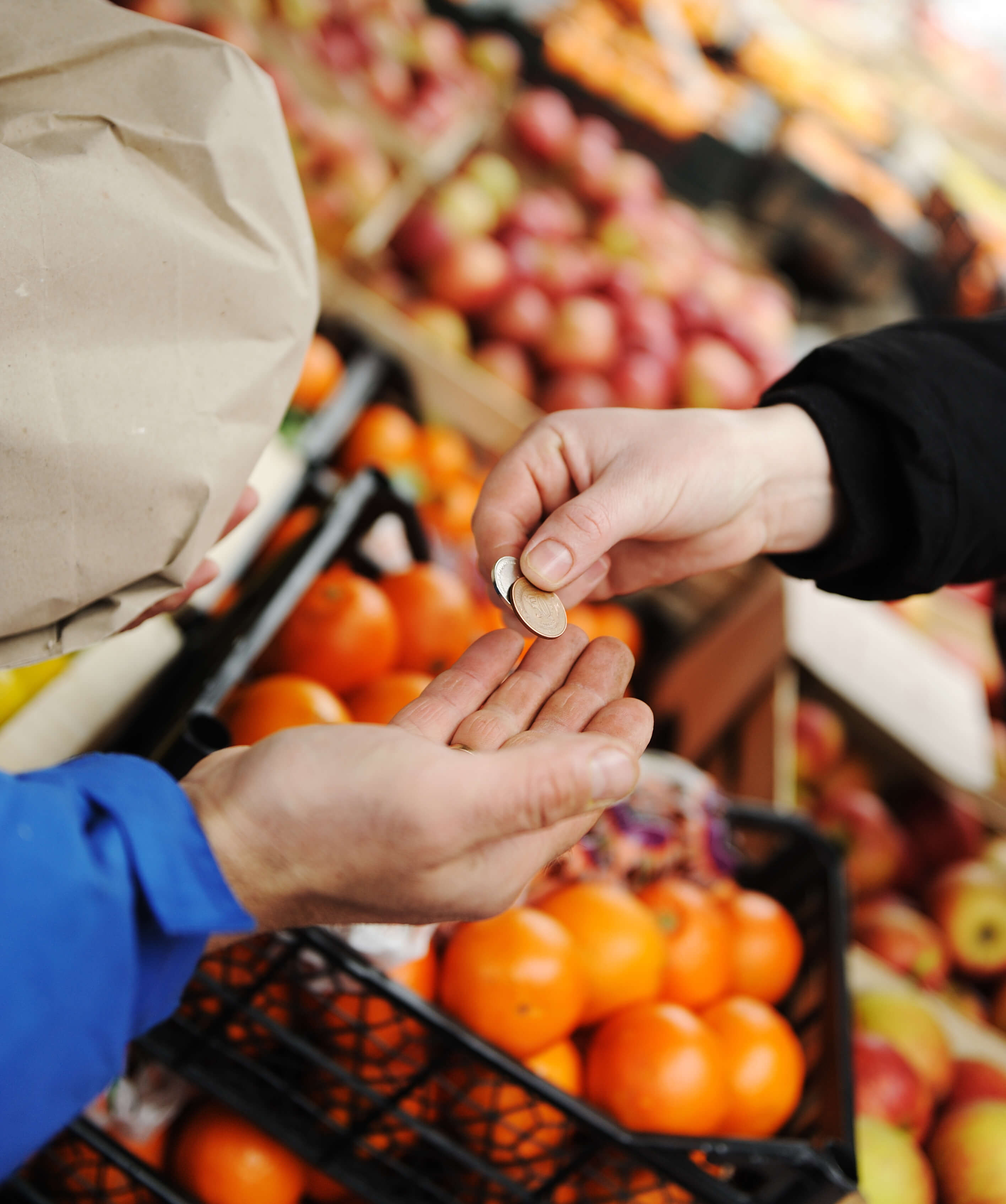Living in British Columbia has many benefits, including easy access to amazing local products. At Nature’s Fare Markets, we define local as within the Okanagan Valley for our Kelowna, Kamloops, West Kelowna, Vernon, and Penticton stores, and within the Fraser Valley for our Langley store and White Rock stores.
Support Your Local Economy
While most people understand that the general idea of buying local means they are choosing to support independent businesses that are locally owned and operated, many people do not realize just how great the benefit of spending dollars locally really is. Researchers studying the flow of money concluded that two times the amount of money spent in a local business actually stays in the local economy. This is because that money is quickly used by the business and sent out again into the hands of another individual. Most community businesses are not making big profits, and thus are not sitting on their earnings for long periods of time. They are quickly using that money to pay their employees, their suppliers, and their contractors. That means that the dollars spent in the local business helps more than just the one individual.
Buying local avoids “ghost towns,” those communities that are devoid of any real downtown or main street personality, but are instead just filled with strip malls and box stores. It also helps to support the individual uniqueness of the community.
While some people argue that buying locally costs more, once local employment and relationships are considered, the overall value of buying locally is greater than the imported item from a giant chain store.
Get Fresher and Tastier Produce
Local produce is tastier and fresher than imported fruits and vegetables because it hasn’t had to travel thousands of miles to get to the supermarket shelf. Local produce comes straight from farm to market and none of the flavour is lost during the short trip!
Eat with the Seasons
Seasonal eating provides the freshest food ingredients because fruits and vegetables in season do not need a greenhouse or ripening techniques to reach peak readiness. Eating in season is also easy on the pocketbook because fruits and vegetables grown locally and seasonally are far less expensive than those imported from warmer climates. Items like stone fruits and tomatoes that are only available in the late summer months can be canned to preserve them for winter enjoyment. Root vegetables and hard fruits like apples keep for long periods of time in a cold and dark environment, so even though they are fall and winter fruits they can be enjoyed into spring and early summer as well.
Protect the Environment
Shopping local can help to reduce individual impact on the environment. The Leopold Center for Sustainable Agriculture estimates that the average fresh food item on the dinner table has travelled over 2,000 km to get there. Buying locally eliminates some of the need for the transport of goods around the globe.
Avoid Pesticides and Chemicals
Small farms, even if they are not organic, tend to use far fewer chemical pesticides and fertilizers than large factory-style farms. Most small-scale farms are more sustainable than their larger counterparts, and many scientific studies have shown that food grown sustainably is more nutritious than food that is mass-produced.
Shop local, not just locally
- While they may sound the same, shopping locally means avoiding buying items online or out of the community. Shopping local means buying items from locally-owned businesses.
- Big box stores and nationwide chains may employ community members and pay local taxes, however only about 15% of the revenue they earn stays in the area. In comparison, 45% of revenue earned by small, locally-owned businesses stays in the community.
Get to know your local merchants
- Take the time to form relationships with the managers in locally-owned businesses. These people are the ones who decide which local products are stocked, so share your desire for products from your town.
- In terms of groceries, local merchants will know where their products come from and how they were farmed, raised, or produced. Talk to these people to get a better understanding of where your food originated.
Get out and explore
- There are many hidden, locally-owned gems in your community; it’s just a matter of discovering them.

